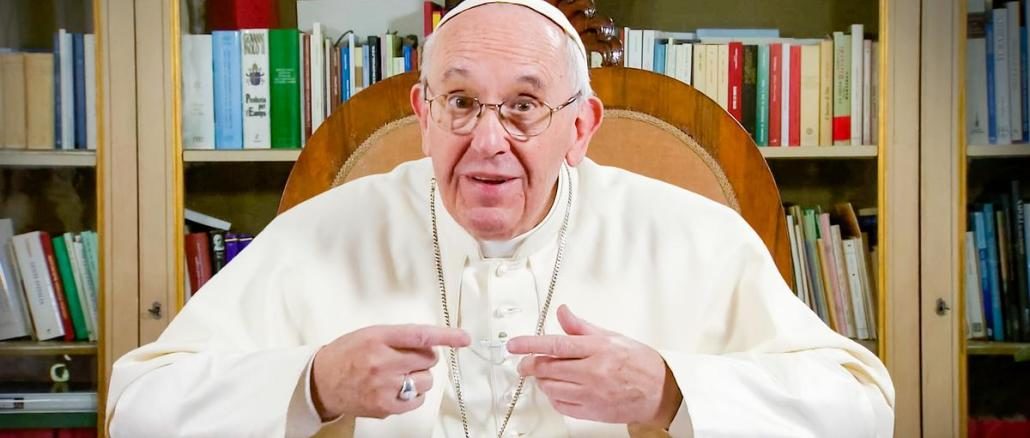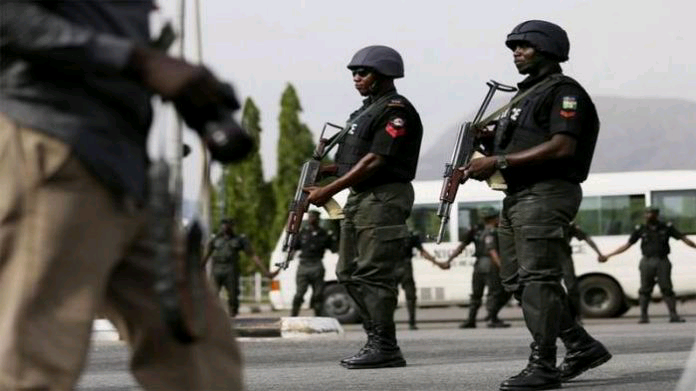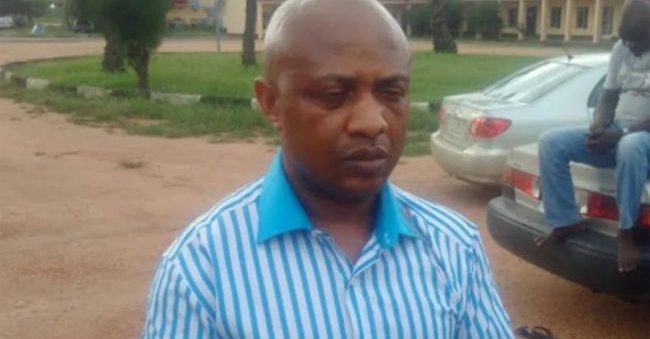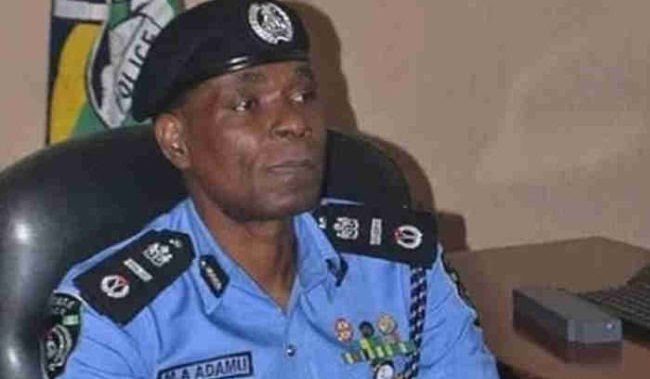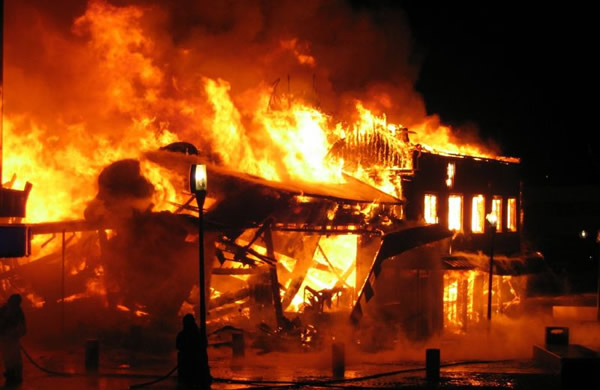Pope Francis has changed the teachings of the Catholic faith to officially oppose the death penalty in all circumstances, the Vatican has said.
The Catechism of the Church, a codified doctrine which sums up teachings, had previously stated that the death penalty could be used in some cases.
It now says it is “inadmissible because it is an attack on the inviolability and dignity of the person.”
Pope Francis had spoken out against executions in the past.
Last October, he said the Church’s policy on the death penalty was one area where teaching was not static and could change with modern concerns.
The text of the catechism was first set by Pope John Paul II in October 1992, and earlier stated that the death penalty was “an appropriate response to the gravity of certain crimes and an acceptable, albeit extreme, means of safeguarding the common good.”
However, the new text says there is “an increasing awareness that the dignity of the person is not lost even after the commission of very serious crimes.”
It also argues that today’s more effective detention methods protect citizens and “do not definitively deprive the guilty of the possibility of redemption.”
The Church will now work with determination for the abolition of the death penalty worldwide, a statement from the Holy See said.
Historically, the Church has mostly been unopposed to the death penalty, including into the 20th Century.
In 1952, Pope Pius XII said it was not a violation of the universal right to life.
Pope John Paul II argued for imprisonment over execution wherever possible, although Joseph Ratzinger, who later became Pope Benedict XVI, wrote that the death penalty could be permissible.
The death penalty is still legal in 53 countries around the world.
In the United States, where 22% of the population are Catholic, execution is still legal in 31 states.
It is still also legal in Cuba, Dominica and Uganda – where about half of their populations are Catholic.
The only place in Europe where it is still legal is Belarus, which has a sizeable Catholic minority of about 7% of the population.
Burkina Faso, Madagascar and Benin, where significant chunks of the population follow Catholicism, have all outlawed the death penalty in recent years.
…………………………………………………..
Bangladesh: Mass student protests after deadly road accident
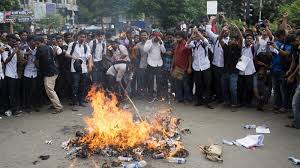
Tens of thousands of students in Bangladesh have rallied for a fifth consecutive day after two teenagers were killed by a speeding bus.
The demonstrators, mostly students in their mid-teens, chanted “we want justice” on Thursday as they defied pouring rain to march in the capital, Dhaka, bringing traffic to a standstill.
Anger has not subdued since a bus racing for passengers killed Diya Khanam Mim and Abdul Karim Rajib on the roadside on Sunday.
According to local reports, the protests appeared to be spontaneous and disorganised, with the students not appearing to have any spokespersons or leadership.
“We’ve never seen this unprecedented number of students [in the streets],” said Al Jazeera’s Tanvir Chowdhury, reporting from Dhaka, adding that the protesters were supported by their guardians.
Chowdhury said the students were calling for major reforms.
“Overall, there is a general frustration among the public because there is no room for demonstration or free expression,” he said.
“Students don’t seem [to be] moving out of the street anytime soon, unless must of their demands are met,” he added.
Prime Minister Sheikh Hasina consoled the parents of the two teens who lost their lives and said she would stand by the families with all possible means, according to press secretary Ihsanul Karim.
“I have no language to console you as I can feel the pain of losing near and dear one… In one night I lost all members of my family,” he quoted her as saying during talks with the family members.
Bangladesh’s transport sector is widely perceived as corrupt, unregulated and dangerous.
Meanwhile, a comment by Shajahan Khan, a government minister with ties transport unions, triggered fresh outrage.
“A road crash has claimed 33 lives in India’s Maharashtra; but do they talk about it the way we do?” he asked.
After these remarks, there were immediate demands for his resignation despite the minister later offering an apology.
The education ministry shut down high schools in an effort to quell unrest, promising students their demands for reforms to road safety would be considered.
“They should have taken our demands seriously, but they didn’t,” Imran Ahmed, a protesting student, said.
Authorities say more than 300 vehicles have been vandalised since the protests started.
“We don’t want any vehicles without licences on the streets. Those unfit to drive should not get licences, and we don’t want underage motorists driving public transport,” protester Mohammad Sifat told AFP news agency.
Home Minister Asaduzzaman Khan on Wednesday promised that the government would launch a public transport safety campaign and urged the protesters to go home.
“People are suffering and we don’t want this,” he said.
According to the National Committee to Protect Shipping, Roads and Railways, a private research group, more than 4,200 pedestrians were killed in road accidents last year, a 25 per cent increase from 2016.
Protests are expected to resume on Friday.
………………………………………………………….
UN experts condemn President Trump’s media criticism
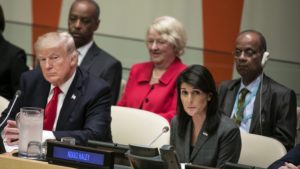
President Donald Trump’s media attacks raise the risk of violence against journalists, UN experts have warned.
In a statement, David Kaye and Edison Lanza of the Inter-American Commission on Human Rights, called the attacks “strategic” and said they undermined press freedom and “verifiable facts.”
The comments follow hours after Mr. Trump’s daughter Ivanka distanced herself from her father’s attacks.
Mr. Trump has repeatedly criticised the media before and during his presidency.
He has declared journalists to be “enemies of the people,” drawing condemnation from across the political spectrum.
Earlier on Thursday, his daughter Ivanka broke from her father’s remarks – prompting a tweet from Mr. Trump in which he attacked “fake news” as the real threat.
But White House Press Secretary Sarah Sanders on Thursday refused to say the media were not enemies, causing a CNN reporter to walk out of the briefing.
Mr. Kaye and Mr. Lanza said the president’s assaults “increase the risk of journalists being targeted with violence” in their joint statement, and were “designed to undermine confidence in reporting.”
Their warning follows a number of attacks from the president, his administration and his supporters over the past week.
At a presidential rally in Florida on Tuesday, CNN filmed Mr. Trump’s supporters yelling insults and swearing at reporters covering the event.
CNN presenter Jim Acosta tweeted a clip, which contained strong language.
And on Sunday, the publisher of the New York Times urged the president to stop using the phrase “enemies of the people” after he launched a Twitter tirade against the media.
Mr. Trump’s frequent attacks have drawn criticism from even those close to him and within his party.
Former White House communications director, Anthony Scaramucci condemned Trump’s supporters at the Florida rally on Twitter, saying the behaviour was “not who we are.”
Republican senator for Arizona Jeff Flake meanwhile has compared Mr. Trump to the former USSR dictator, Joseph Stalin.
